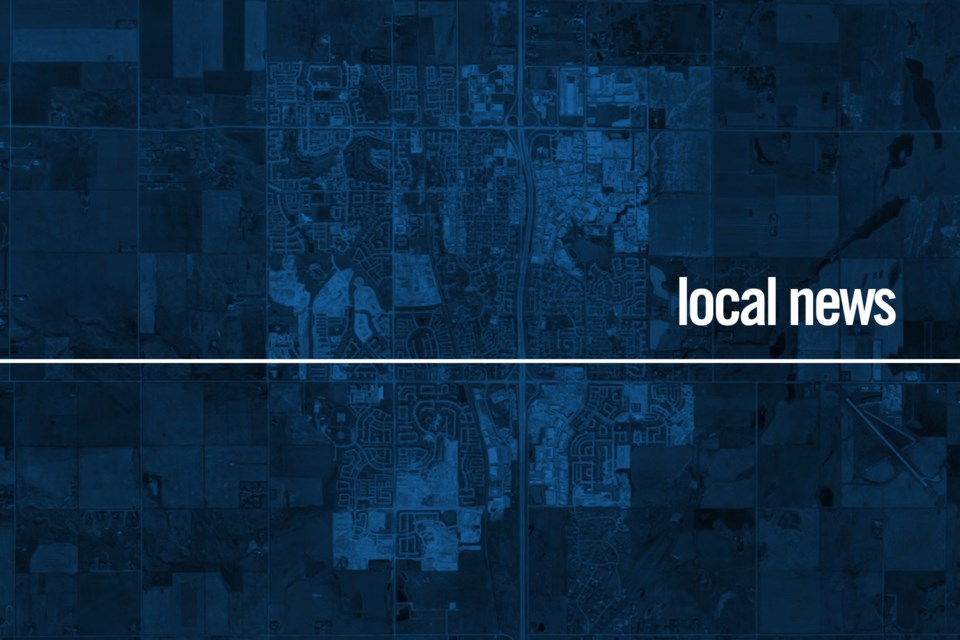An Alberta agency dedicated to energy efficiency will being axed by the provincial government if a new bill aimed at reducing red tape passes.
Energy Efficiency Alberta, which was established under the former NDP government, is set to be disbanded, although many of its programs were already cut in the UCP government’s first budget in 2019.
The effort comes as part of an omnibus bill introduced by the UCP government on Thursday aimed at reducing red tape in six ministries through 14 changes.
Associate minister of red tape reduction Grant Hunter said the changes will make things more efficient in the province and help get people back to work after the COVID-19 economic shutdown ends.
“Unneeded red tape has been stifling Albertans for far too long and it’s put us at a competitive disadvantage to other jurisdictions,” Hunter said.
“Now more than ever, it’s time to get control of red tape in this province. Our economy needs this boost.”
Energy Efficiency Alberta (EEA) was designed to help Albertans make their homes and businesses more energy efficient through multiple initiatives, including rebates on solar panels and the installation of energy efficient light bulbs. Hunter said the work being done in EEA will be rolled into Emissions Reduction Alberta (ERA).
“We don’t need to have two agencies doing the same thing,” Hunter said.
EEA will wind down by September and around two-thirds of the staff will be moved into ERA.
Alberta was the last province in Canada to set up an energy efficiency agency.
Speeding up oilsands approvals
Other changes folded into the Red Tape Reduction Implementation Act, 2020, include ending the need for cabinet to approve oilsands projects, a change officials say could speed up approvals for projects by up to 10 months. The bill would also open up grazing leases in provincial parks, grazing permits in forest reserves and the sale of public lands to all Canadians, when formerly the sale was only permitted to Albertans.
Hunter said the Alberta Energy Regulator will still need to approve oilsands projects, but cabinet will not need to give a final stamp of approval on them. The regulator will still need to ensure First Nations communities are property consulted before projects can go forward.
“The duty to consult is still the law and we still have that responsibility. So AER will have to have that responsibility and make sure that they take care of it in the best way,” Hunter said.
Jennifer Henderson covers rural Alberta matters under the Local Journalism Initiative, which is funded by the Government of Canada.




